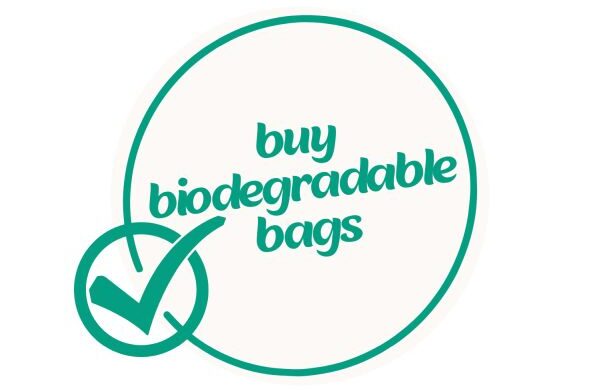Say No To Single-Use Plastic Bags
SINGLE-USE PLASTIC
Say No To Single-Use Plastic Bags
Single-use plastic bags are a huge contributor to plastic pollution and have a significant impact on the environment and human health.
Here are some ways to reduce reliance on single-use plastic bags.
One easy switch you can make is choosing biodegradable and compostable bags over conventional single-use plastic bags.

Going Green with Biodegradable Bags
Many of us are trying to live a more eco-friendly, sustainable lifestyle. From recycling to buying local organic produce, small changes can add up to make a real difference for our planet.
Single-use plastic bags are a significant contributor to plastic pollution and have a significant impact on the environment and human health. Here are some ways to reduce reliance on single-use plastic bags:
Carry reusable bags
Carrying reusable bags is one great way to avoid single-use plastic bags in our day-to-day lives. There are endless options for bags, and you can even find bags that fold up into tiny pouches that fit into a purse.
Refuse to use
Refusing single-use plastic bags is another way to reduce reliance on them. Take reusable bags to big box stores, the hardware store, department stores, and even take out for restaurants. Tell them why you are bringing your own bags and refusing the plastic.
Plastic Free Produce
Seek out produce that is not pre-wrapped in plastic: Instead of using plastic bags in the produce aisle, seek out produce that is not pre-wrapped in plastic. Then put it in your own muslin cloth or recycled bag.
Dispose of plastic bags properly
Properly disposing of plastic bags is important to reduce their impact on the environment. For example, recycle plastic bags when possible and dispose of them in designated recycling bins.
Carrying reusable bags is one great way to avoid single-use plastic bags in our day-to-day lives. There are endless options for bags, and you can even find bags that fold up into tiny pouches that fit into a purse.
Read more from the blog
How plastics degrade in industrial landfil is different from how plastics behave out in the natural soil or ocean environment.

Are plastic bags recyclable? 7 Alternatives to plastic bags
Yes, plastic shopping bags are recyclable in some cases, but the process is so complicated and expensive that it may not be sustainable. Plastic bags are present in modern life, from grocery shopping to packaging. While their convenience is undeniable, the environmental impact of single-use plastics has turn the alarm of…
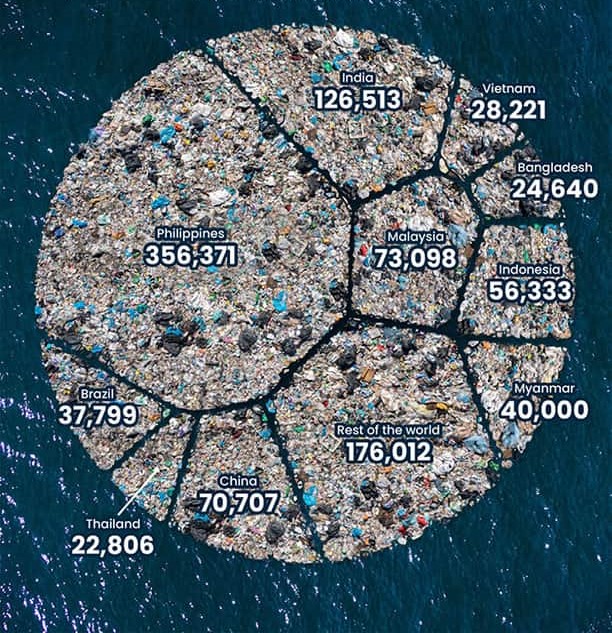
Top 10 highest ocean plastic waste polluters in the world
Plastic pollution has emerged as one of the most pressing environmental challenges of our time, with millions of tons of plastic waste entering the oceans each year. This issue not only threatens marine life but also disrupts ecosystems and poses risks to human health. A significant portion of this oceanic plastic…
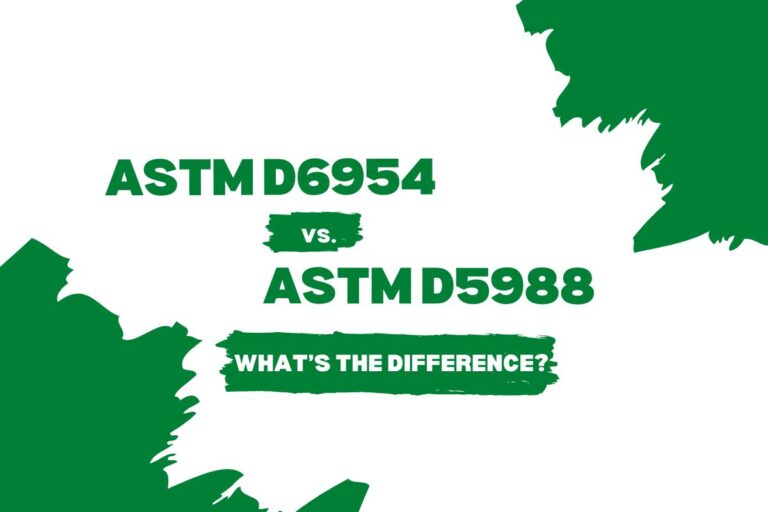
What is the difference between ASTM D6954 and ASTM D5988 standards
ASTM D6954 and ASTM D5988 are both standards used to test the biodegradability of plastics, but they differ in their specific applications. ASTM D6954 is specifically designed for testing oxo-biodegradable plastics, while ASTM D5988 is designed for testing the aerobic biodegradation of plastic materials in soil. Here are some of the…
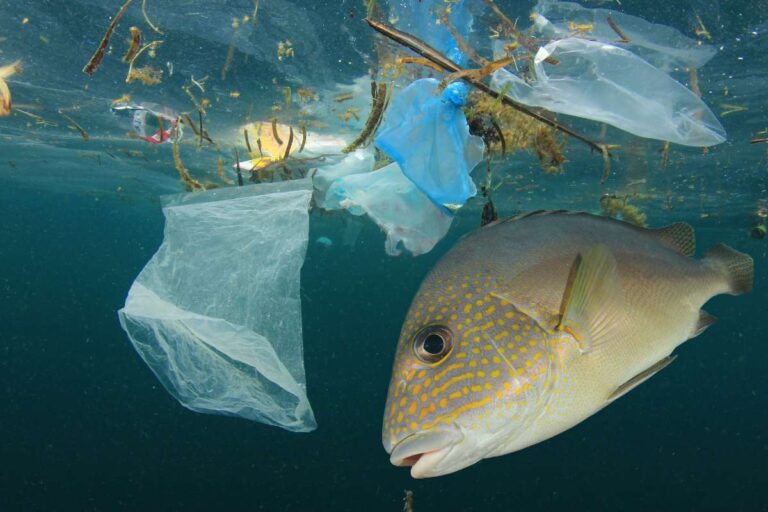
Top 10 facts about the effects of plastic bags on marine life
The Top 10 Facts About How Single-Use Plastic Bags Harm Marine Life The effects of plastic bags on marine life are severe. Animals like sea turtles, fish, and seabirds often ingest plastic bags, leading to blockages, malnutrition, or death. Plastic bags also cause entanglement in species such as seals and seabirds,…
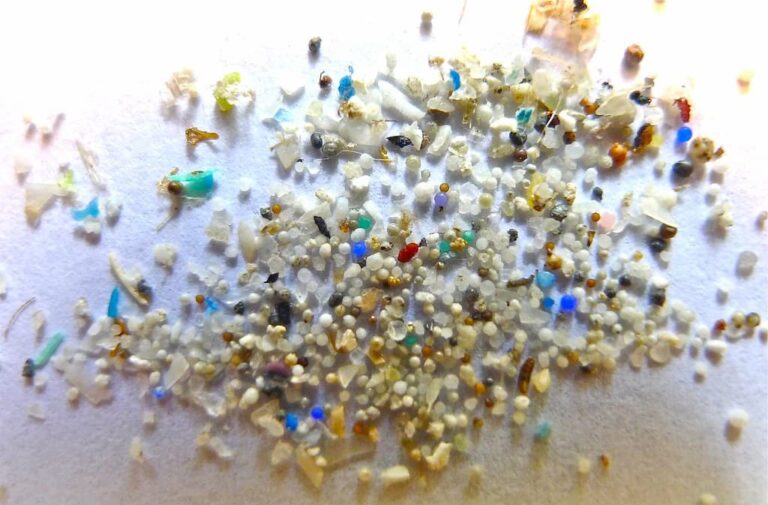
New Plant-Based Polymers that Decompose in Just Seven Months
UC San Diego and Algenesis researchers developed plant-based polymers that biodegrade in seven months, offering a significant environmental breakthrough. These polymers serve as a sustainable alternative to traditional plastics and have demonstrated promising biodegradation capabilities at the microplastic level. This development addresses environmental concerns and provides a potential solution to the…
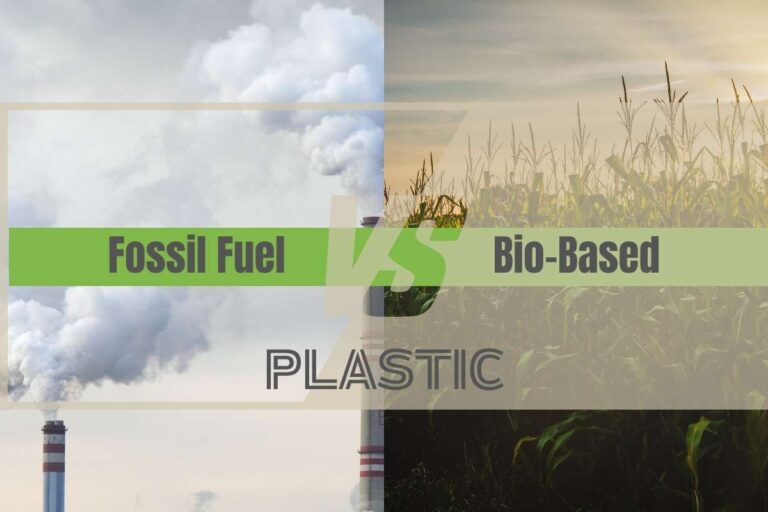
Fossil Fuel Vs Bio Based Plastic – What is the Difference?
Generally speaking, plastics fall into two main categories, Fossil Fuel and Bio Based Plastic. This refers to the source material used to make plastic bags. While there are subcategories, the plastic we use everyday will typically be made of one of these two. Fossil Fuels vs Bio Based: The Difference Between…
Do Your Part From the Start
